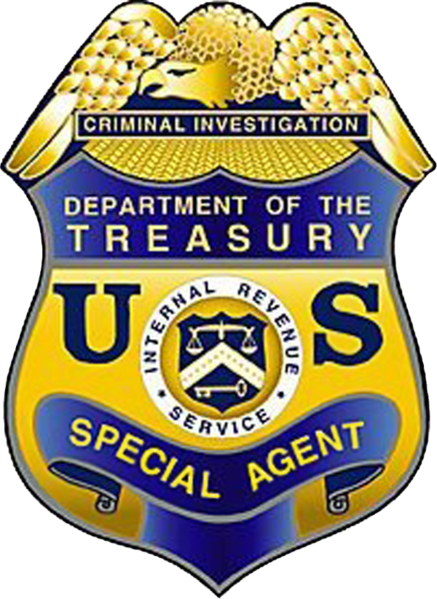Most people hate filing taxes. We do our best to complete the forms and pay our taxes with accuracy, if not precision.
Even when we don’t, the worst we expect is an audit.
We don’t expect that our returns could land us in the middle of a criminal tax fraud investigation.
Prosecutors and IRS Criminal Investigative Division (CID) agents enjoy enormous power in conducting criminal tax fraud investigations.
Government authorities investigating crimes such as securities, bank or mortgage fraud examine relevant tax filings, hoping to uncover evidence of an underlying crime.
In fact, many federal investigations that do not initially target tax impropriety may result in a tax fraud indictment.
For example, reporting of income from a source (not known to you) under investigation can cause investigators to suspect that you or your business were complicit in criminal activity.
Also, if you fail to report income from a source being investigated, you or your business can end up in the crosshairs of a tax fraud investigation.
Because tax returns are filed annually, bad reporting decisions can compound the problem year after year, leading to many uncertainties.
If you or your business suddenly begin reporting income that previously went unreported, are you now admitting to a crime as to the previously unreported income?
If you or your business continue to fail to report certain income, are you digging yourself into a potential criminal hole?
Add to this the fact that CID agents are notoriously aggressive when conducting tax fraud investigations.
Several agents will often descend on a business in the middle of the workday, or show up at an individual’s home late at night, armed with a subpoena and rapid-fire questions.
If this happens to you, call your lawyer, not your accountant.
There is generally no accountant-client confidentiality privilege.
Agents also can obtain records, from your accountant, that help make a case against you.
If you are notified of an audit, or have been or might be contacted by a government agent, contact an experienced white-collar criminal defense attorney.
Don’t navigate the minefield of a potential federal criminal investigation on your own.
Contact your FOS attorney before you land in criminal hot water.

© 2026 Fox, O'Neill & Shannon, S.C..



